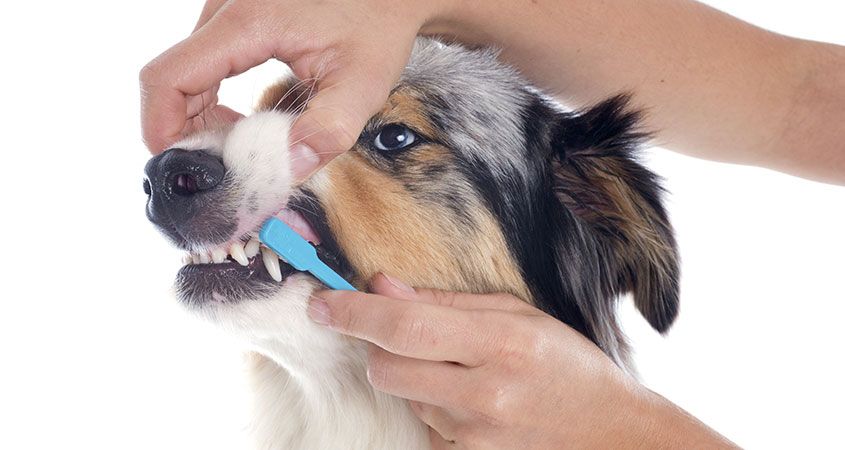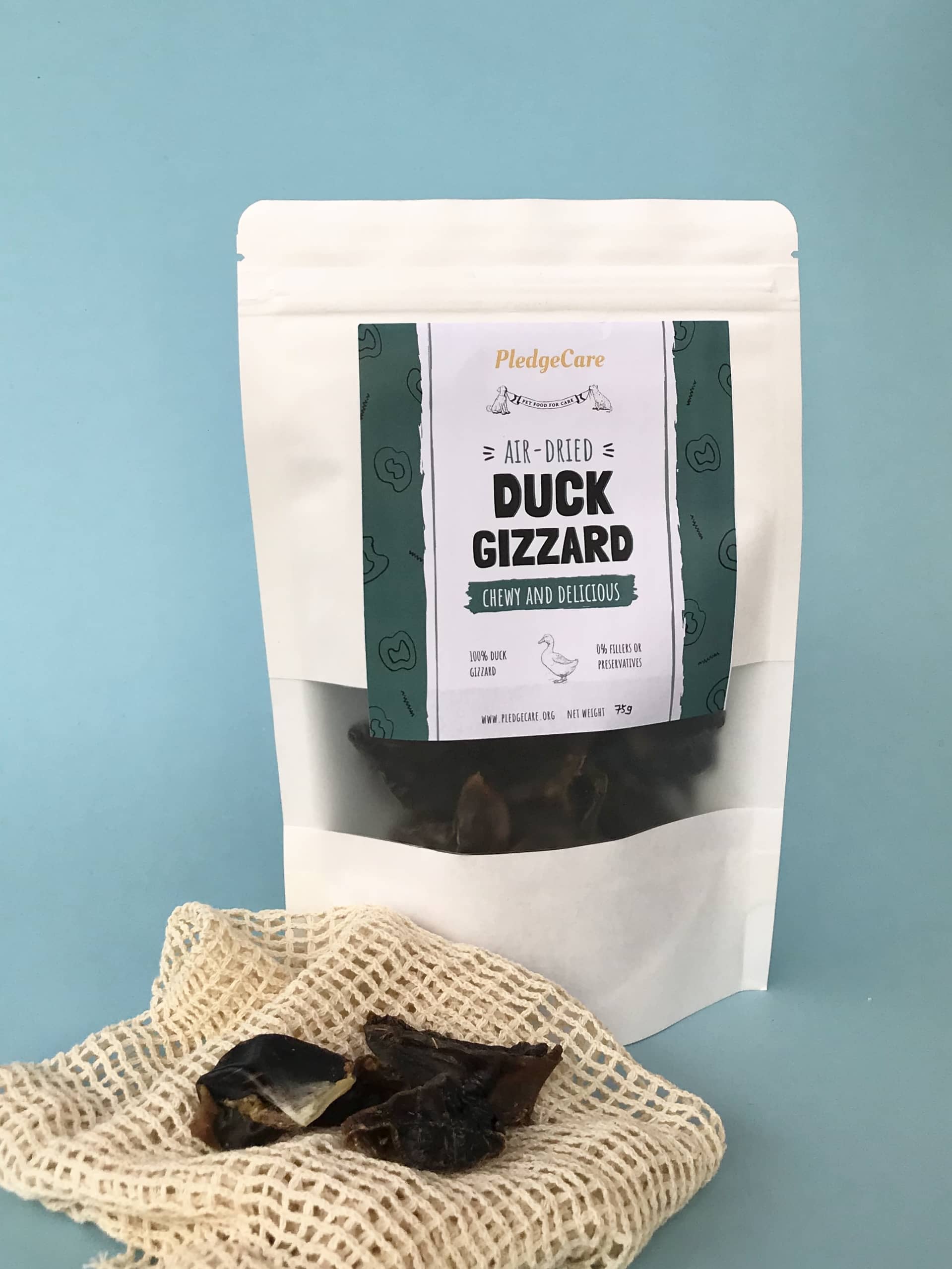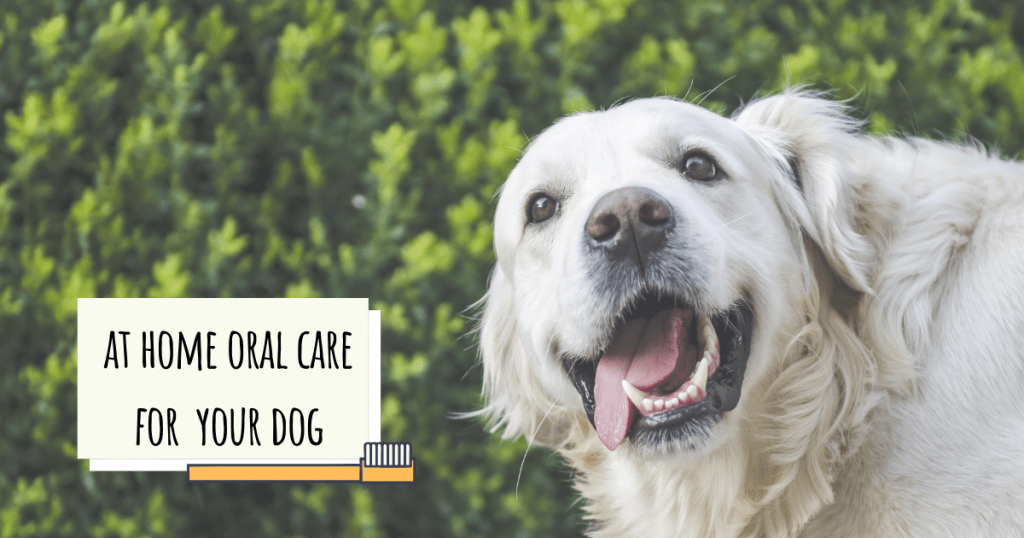When it comes to keeping our dogs healthy, many owners overlook the importance of oral hygiene. Since the primary sign of early dental disease is bad breath, it often goes unnoticed by owners because they simply think that bad breath is something dogs just happen to have. Sure, it’s not minty fresh, but your dog’s breath also shouldn’t be bad enough to make you gag.
Periodontal disease can cause some serious health issues for our canine companions, so it’s essential to maintain adequate oral hygiene. Untreated dental disease can cause tooth loss, and it can lead to painful abscesses and systemic infections throughout your dog’s entire body. This is always bad news, especially when it comes with an increased risk of permanent jaw damage and heart disease. Both of these things have been linked to long-term periodontal disease in our dogs.
So how can we keep our dogs’ teeth clean? Here are some tips!
1. Brushing Your Dog’s Teeth
It’s an excellent way to prevent plaque buildup. You don’t need to brush your dog’s teeth daily, although the more often the better. Most dogs aren’t too fond of the idea at first, but you can easily train your dog to have his teeth brushed the same way you would like to have his nails trimmed.
Tooth brushing may seem strange at first, but it’s truly the best thing you can do at home to help your pet’s oral health. Pet friendly toothbrushes and toothpastes in flavors like chicken and bacon make the experience more palatable for your dogs.

Image Credit: cesarsway.com
2. Dog Tooth Wipes
For those that are unable to brush teeth or simply want to switch up their cleaning techniques, tooth wipes are a great solution. Tooth wipes are made to be rubbed against your dog’s teeth to help remove plaque. They work similarly to toothbrushes, but are not able to get into the tiny nooks and crannies that a brush does. Still, they are a great way to clean your pet’s teeth and are often easier to manage than a toothbrush with toothpaste.
3. Dog Dental Treats & Chews
Many all-natural treats made from meat contain enzymes that help promote dental health. Chews like pig ear, duck gizzard, and chicken strips are a great way to keep your dog happy and healthy.
There are many synthetic bones and chew toys that are specially designed to strengthen your dog’s gums and teeth. Just make sure you’re providing safe objects for your dog to chew on. Hard objects can cause broken teeth.

Try out our PledgeCare Duck Gizzard treat if you haven’t! The medium hard texture and meaty flavor makes it a hit among the furkids!
4. Dry Food is Better Than Soft Food
Crunchy kibble is better for your dog’s teeth than soft food, as soft food is more likely to stick to the teeth and cause decay.
Make sure to choose kibble with non or low carbohydrates since most kibbles contain a higher percentage of refined carbohydrates, dry dog foods could ultimately increase plaque and tartar levels — and thus cause more dental problems than they supposedly prevent.
PledgeCare Air-Dried Raw Dog Food, both Chicken and Duck recipe, has crunchy texture which may help to remove some of the plaque near the tops of a dog’s teeth.
However, it is very important to clean your pet’s teeth every time after eating to avoid tartar build-up!
5. Professional Cleanings
Perhaps the best way to ensure your dog’s oral health is to have him undergo a professional cleaning by a veterinarian. Although much more expensive than the other tips we’ve mentioned, a professional dental cleaning is the best way to maintain your dog’s dental hygiene.
Your veterinarian is experienced in preventing, locating, and treating any issues that might go unnoticed by even the most dedicated dog owner. If there is one option you choose to promote your dog’s dental health, we suggest visiting your veterinarian for a professional exam.
When to See a Veterinarian
Whether you brush your dog’s teeth or not, you should have a look inside his mouth every week or so. If you notice any of these signs of dental problems, then take your dog to the vet:
- Bad breath
- Change in eating or dog chewing habits
- Pawing at the face or mouth
- Depression
- Excessive drooling
- Misaligned or missing teeth
- Discolored, broken, missing or crooked teeth
- Red, swollen, painful or bleeding gums
- Yellowish-brown tartar crust along the gum line
- Bumps or growths within the mouth
Let’s keep our pet’s smile bright and happy!


The whole world is lock down now. Most people are spending time at home and I think this is one of the most important issue to consider about our pet health.
Thank you for this amazing tips, it is so helpful.
Hey Bryan, you’re right, we’re glad that this article has helped you!